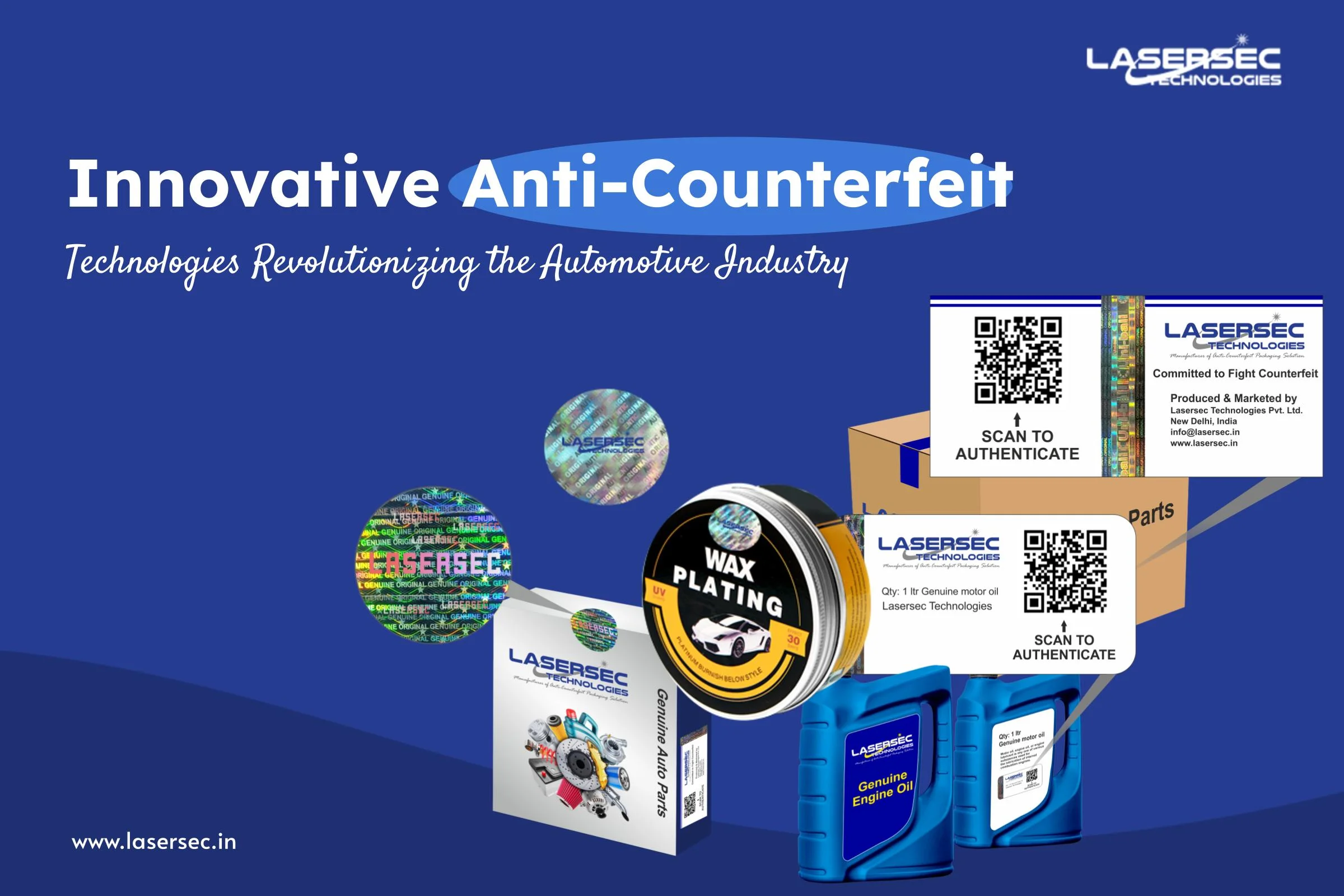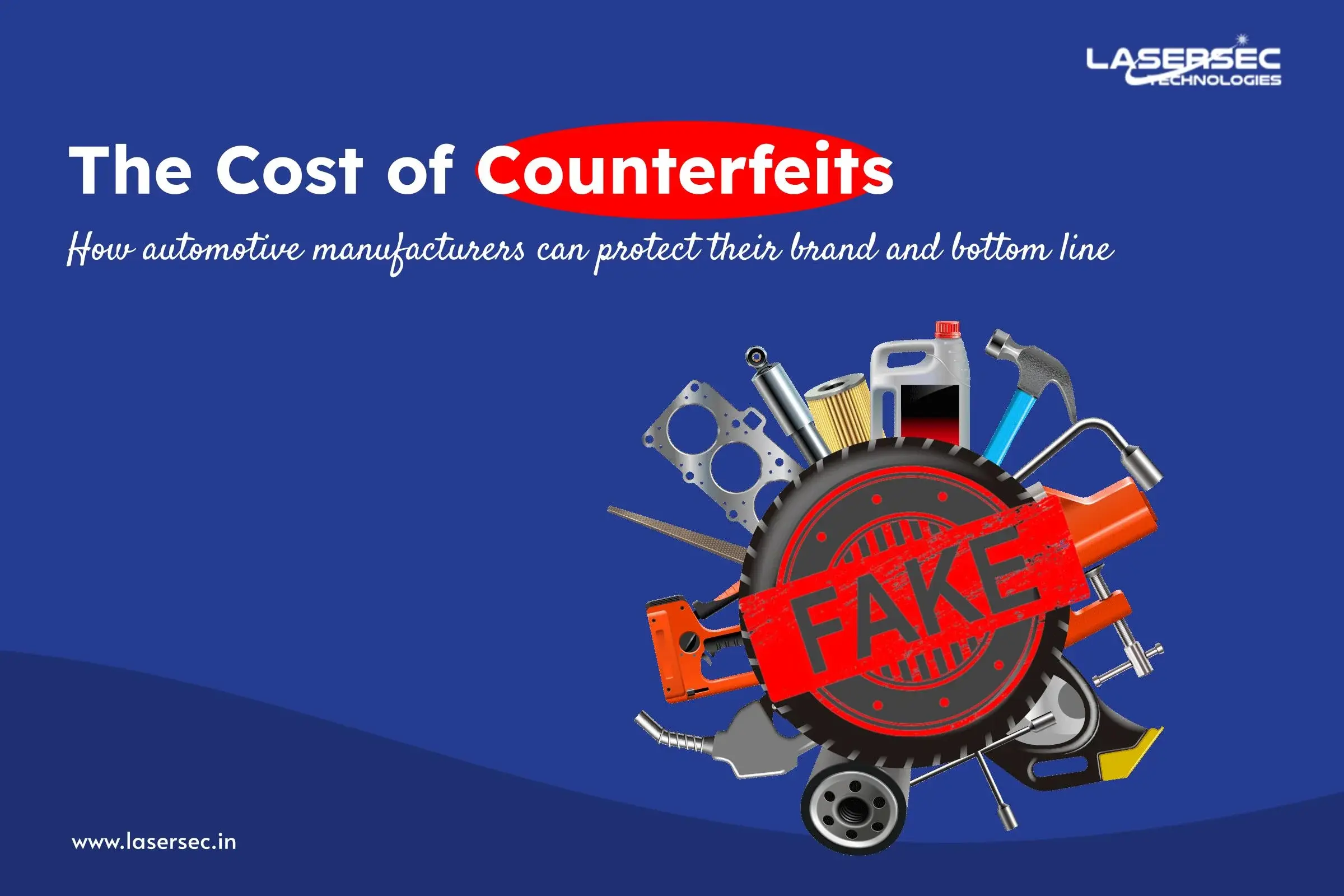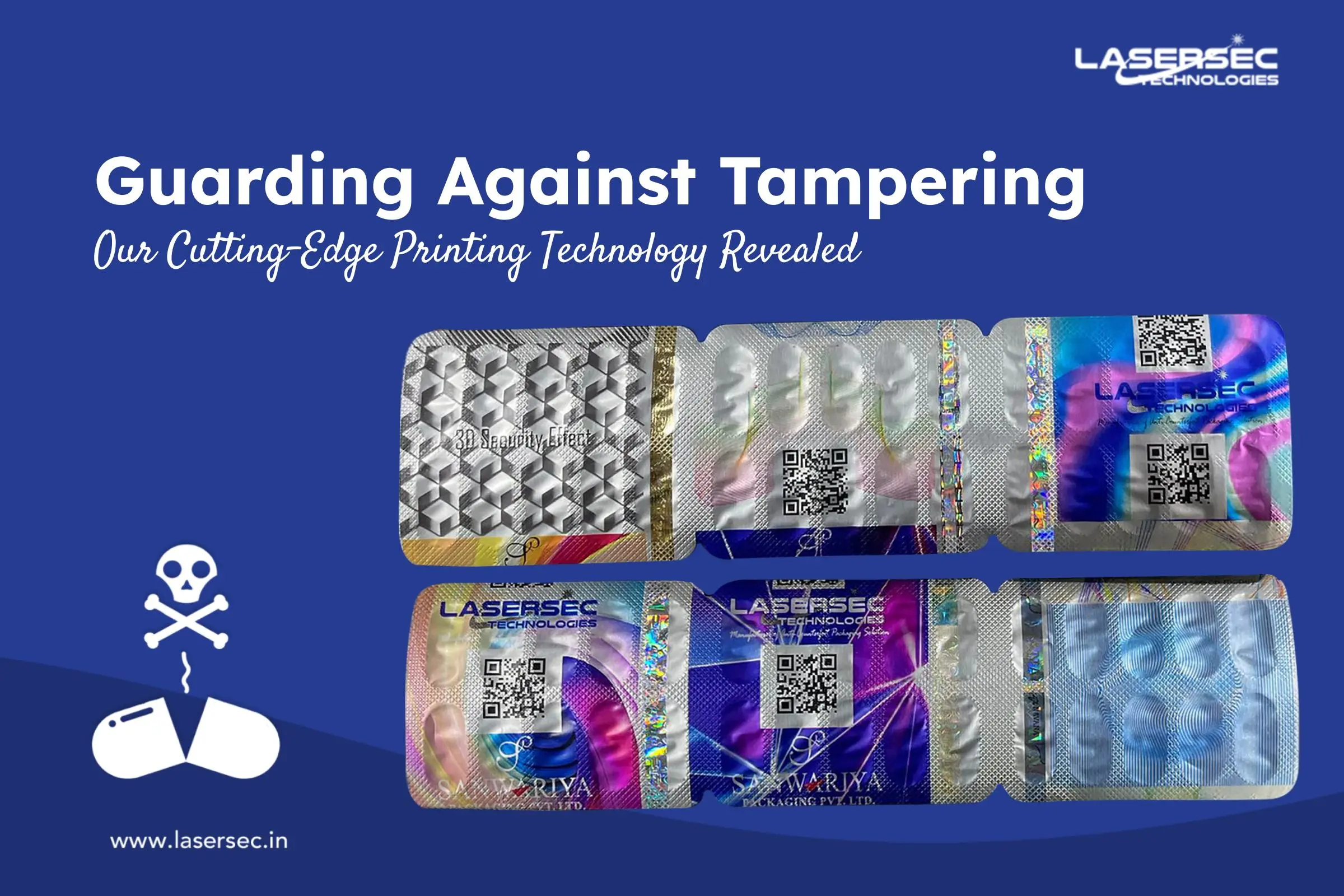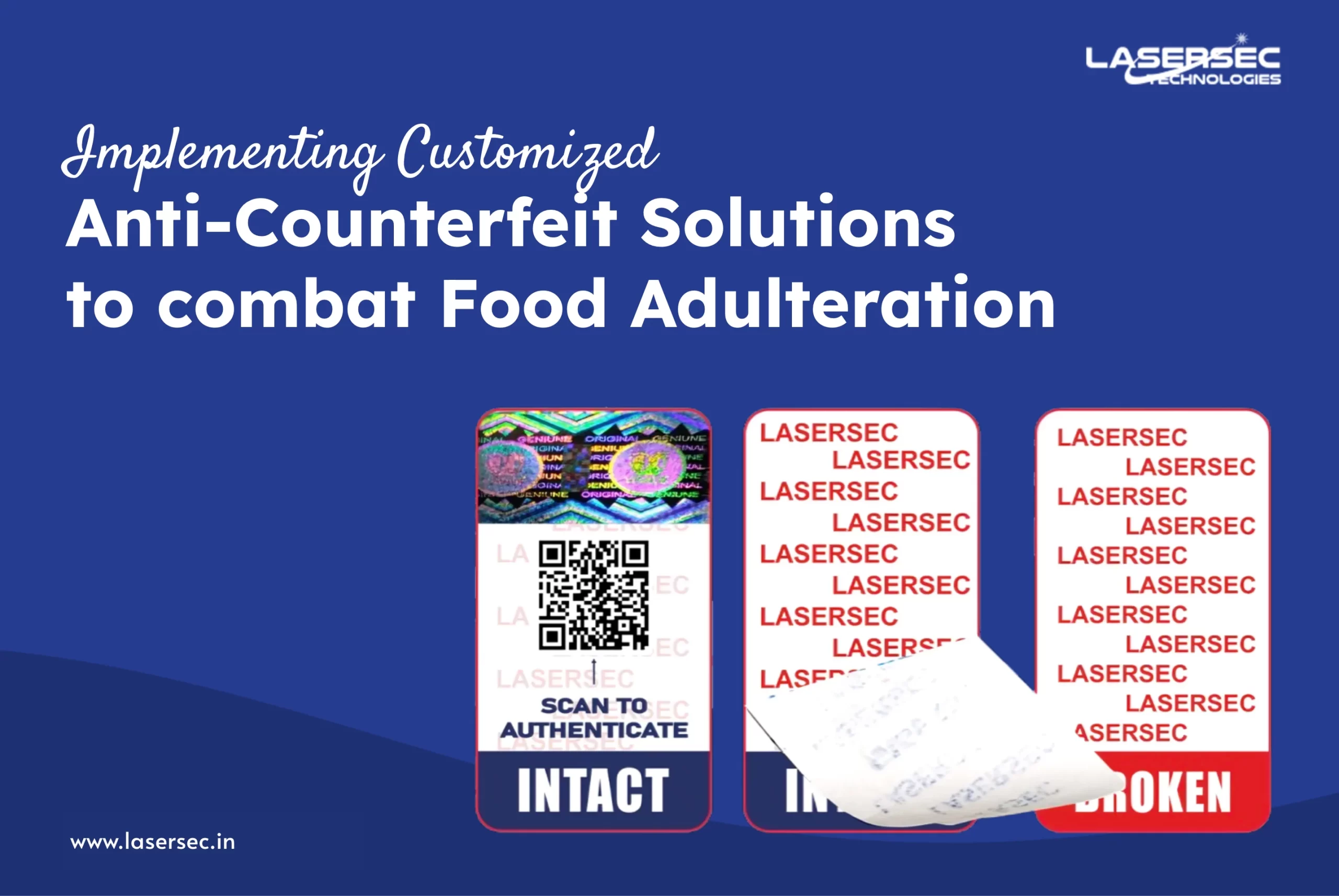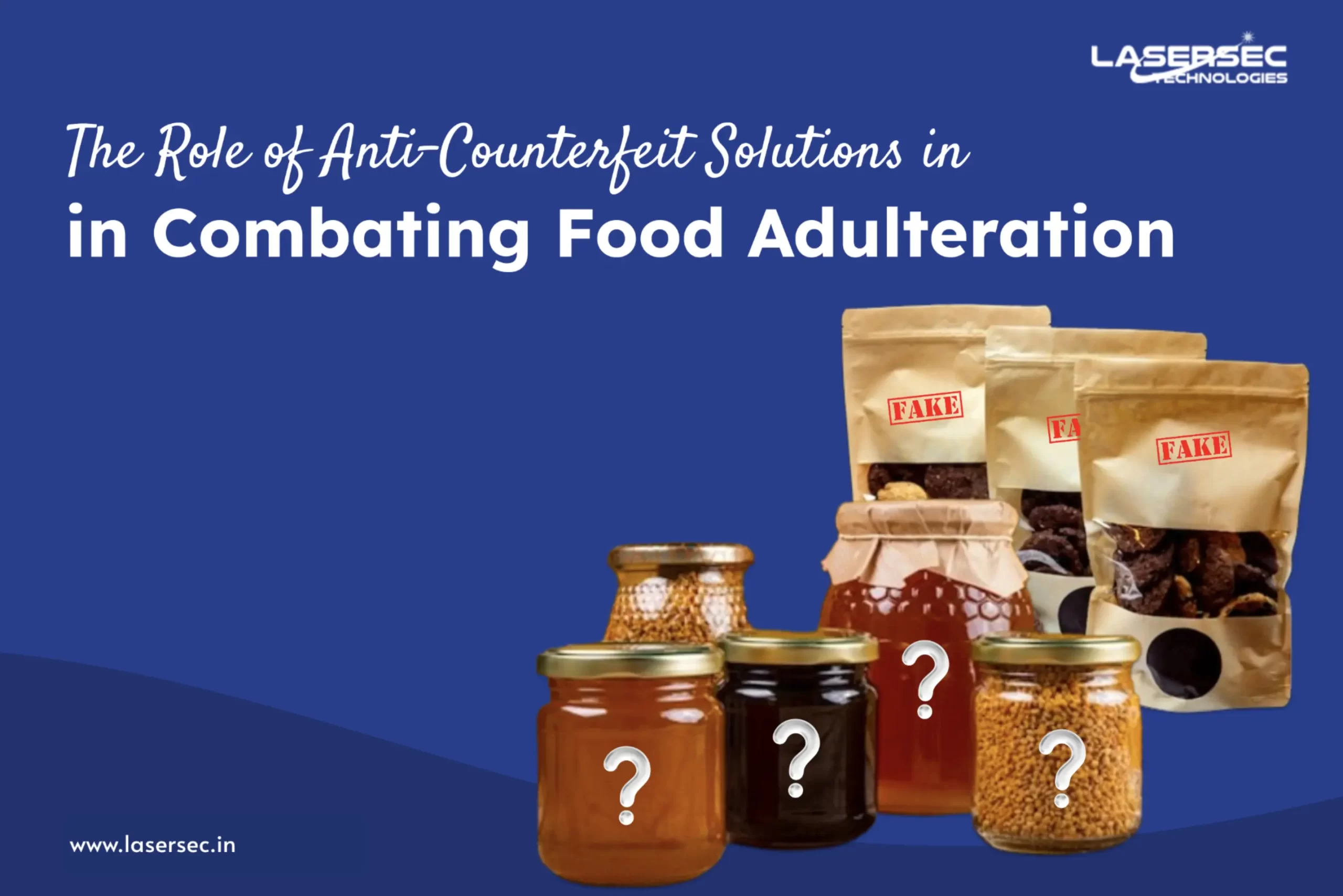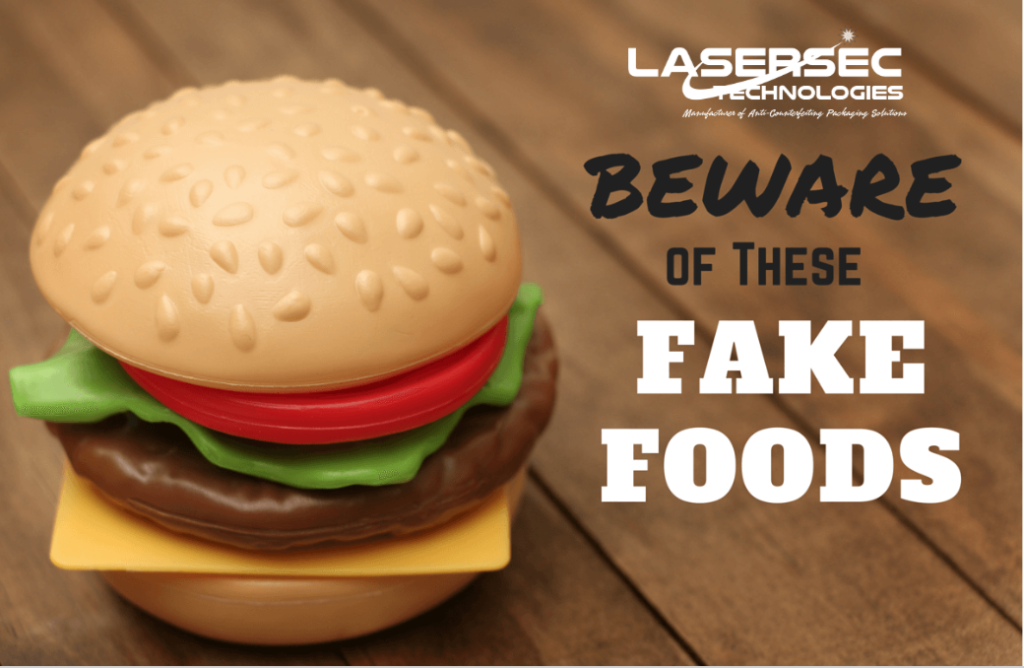
Counterfeit food is a real global issue in restaurants, online suppliers, grocery stores and everywhere. The manufacturers use adulterated ingredients or may compromise on the quality. The USFDA and USDA (US Department of Agriculture) have various rules and regulations to save us from the counterfeit and fraud foods.
Counterfeit products are becoming a threat to the manufacturers and put the consumer’s health and safety at risk. The International Criminal Police Organization (Interpol), seized 10,000 tonnes of fake food and one million liters of fake drink in March 2016, the largest of its kind. This operation involved 57 countries around the world and included seizure of nearly nine tonnes of counterfeit sugar and more than 85 tonnes of olives which were painted with copper sulfate solutions for upgrading their color.
- Olive Oil: This is one of the most adulterated foods. The manufacturers may reduce their expenses by using low-quality inferior olive oil instead of extra virgin oil. They might even mix it with other oils lie sunflower or soybean or vegetable.
- Seafood: Seafood is another mislabelled food served in the restaurants and available in the grocery stores.
- Yogurt: A highly processed yogurt contains only sugar and might lack natural ingredients.
- Snacking bars: Snacking bars might not be healthy as they may be overburdened with calories as they contain more sugar, fat, and oil.
- Few other counterfeit foods can be sugar, honey, coffee, wine, milk, spices, etc.
As per a report from Michigan State University, the global counterfeit threat is evaluated at $49 billion and in the UK the level is at 10% as determined by the UK’s Food Standard’s Board (FSB).
There has been an increase in the counterfeit market because of the better supply chain, globalization, easy availability of technology, and the prevalence of organized crime.
To combat the counterfeit food threats and to quantify the risks, there has been an initiative called as the Packaging for Food and Product Protection (P-FAPP), FDA “ALERT” Initiative, GMP, etc.
Regulation is an important anti-counterfeit action. The various governance actions include FDA Counterfeit Drug Initiative, FDA PDMA, FDA/California Drug Pedigree, Food Traceability: Section 306 of the Bioterrorism Act of 2002, Global Data and Automatic Identification Standards.



-footer.png)

